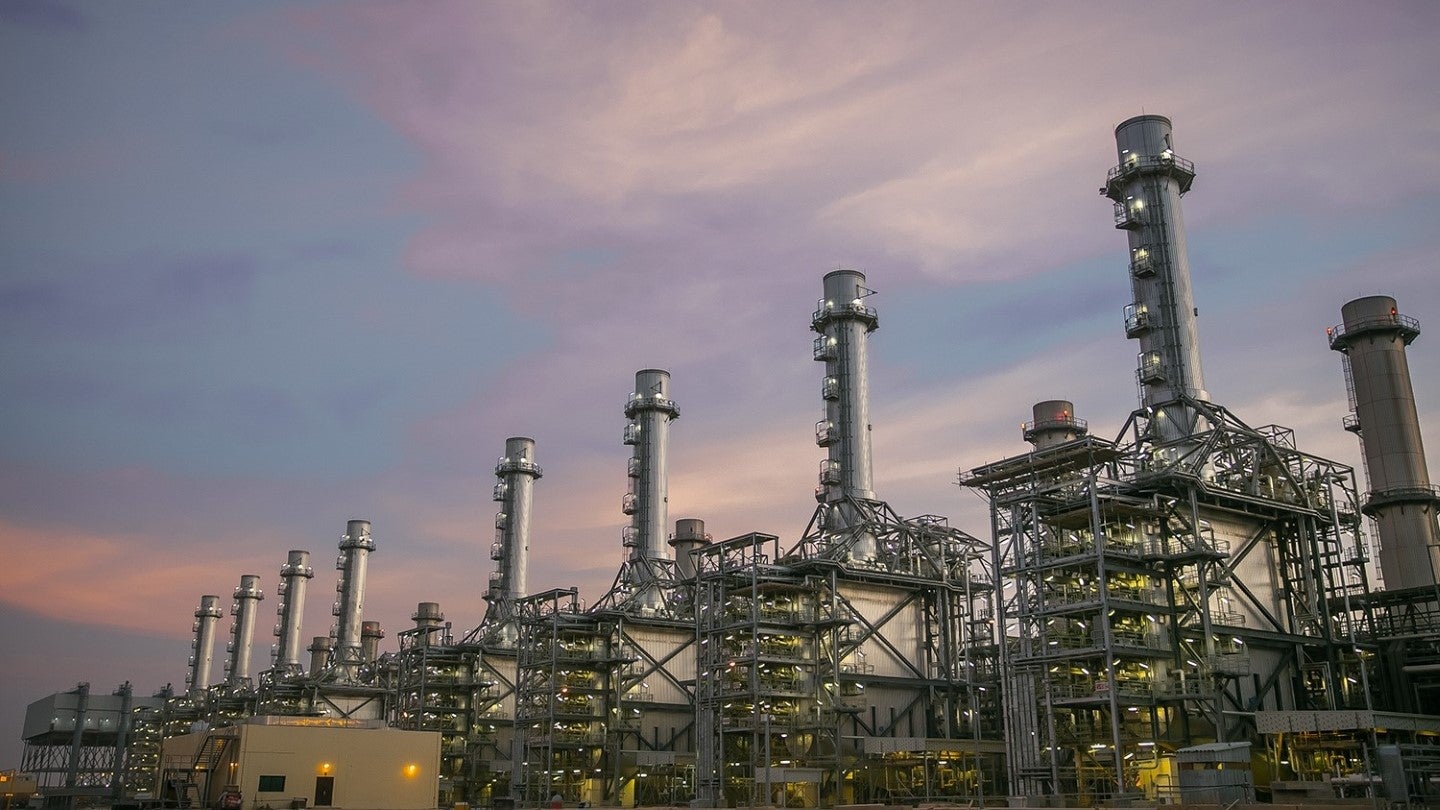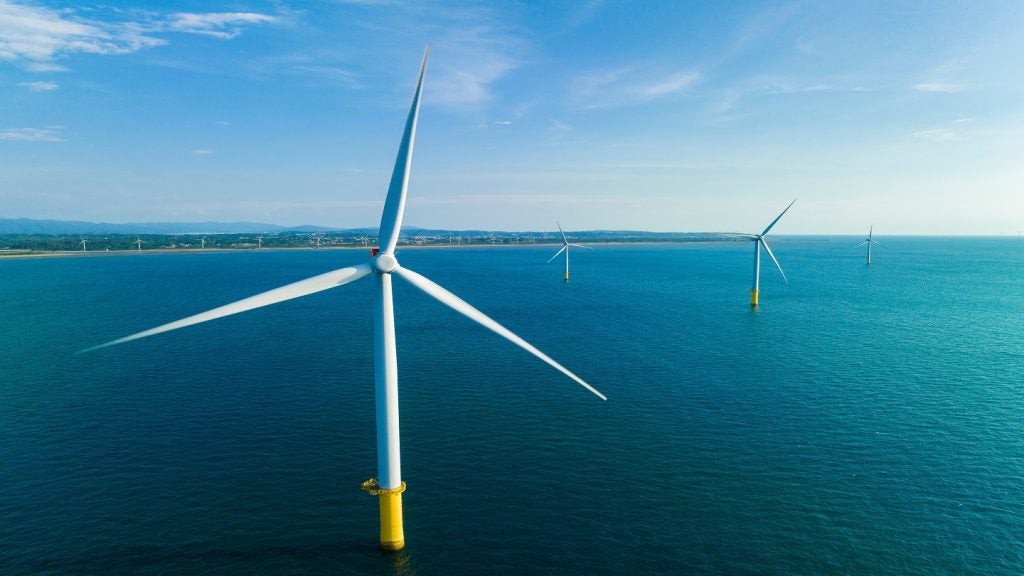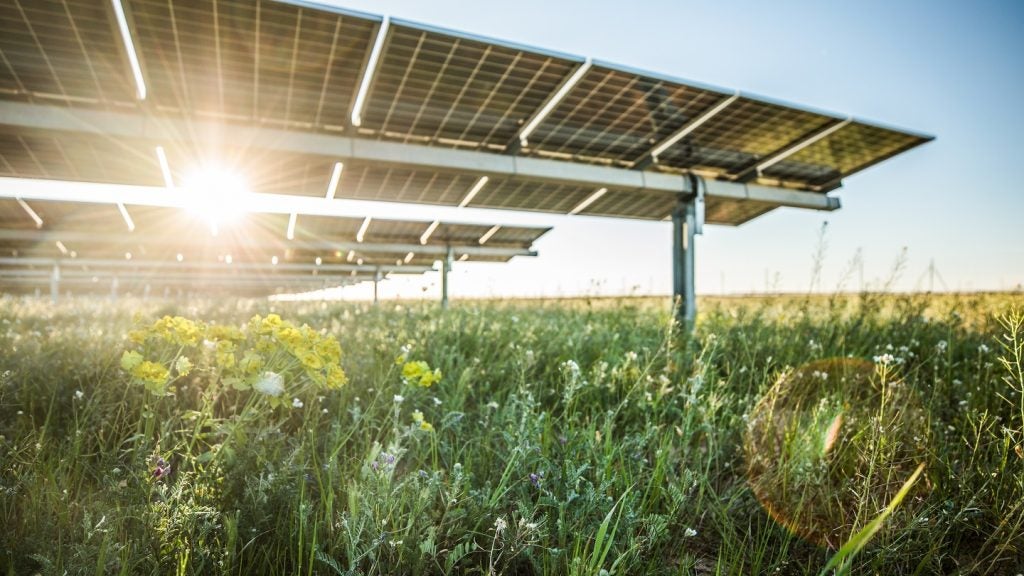
GE Vernova’s gas power business has begun fuel conversion at SEC’s Power Plant 10 in Riyadh.
Along with its partner Alfanar, GE Vernova is switching the turbines running on liquid fuel to natural gas, a significant step towards Saudi’s aim to reduce its carbon footprint.
By switching to natural gas, the lowest fossil carbon emitter, the power plant can improve its fuel flexibility and output.
The PP10 complex is on a five million square-metre site outside Riyadh and is powered by 40 GE Vernova 7E gas turbines.
The turbines operate in a combined cycle configuration, generating 3.5GW of electricity. The electricity produced at the plant can meet the needs of 875,000 homes in the country.
A total of 20 turbines will now run on natural gas instead of liquid fuel, lowering carbon emissions by 1.7 million tonnes annually.
How well do you really know your competitors?
Access the most comprehensive Company Profiles on the market, powered by GlobalData. Save hours of research. Gain competitive edge.

Thank you!
Your download email will arrive shortly
Not ready to buy yet? Download a free sample
We are confident about the unique quality of our Company Profiles. However, we want you to make the most beneficial decision for your business, so we offer a free sample that you can download by submitting the below form
By GlobalDataOnce the transition to natural gas is completed, the turbines’ efficiency is expected to increase, resulting in lower overall fuel consumption and reduced cost per megawatt-hour as more electricity is generated per unit of fuel consumed.
The units can also generate power flexibly, enabling them to ramp up or down depending on power demands.
Existing and future gas power plants will avoid carbon emissions by using fuels such as hydrogen along with carbon capture technologies.
GE Vernova Europe, Middle East and Africa gas power president and CEO Joseph Anis stated: “We are honoured to be part of this project with Alfanar and SEC. With electricity demand being high across the Kingdom due to factors like hot and harsh environmental conditions, a growing population, and the concentration of energy-intensive industries such as oil and gas, smelters and petrochemicals, the availability of firm power on demand is critical in Saudi Arabia.
“Reducing the intensity of carbon emissions from power generation activities in the country is an important part of addressing the climate challenge. We applaud SEC’s efforts to reduce the carbon emissions of their operations for a more sustainable future.”
In October 2023, the Sharjah Electricity, Water and Gas Authority, the Sharjah Hamriyah Independent Power Company and GE Vernova commenced operations at the 1.8GW Hamriyah independent power plant in Sharjah, United Arab Emirates.
The plant is powered by three GE 9HA.01 gas turbines that can run on natural gas blended with up to 50% hydrogen. It is eventually planned to run them on 100% hydrogen.







